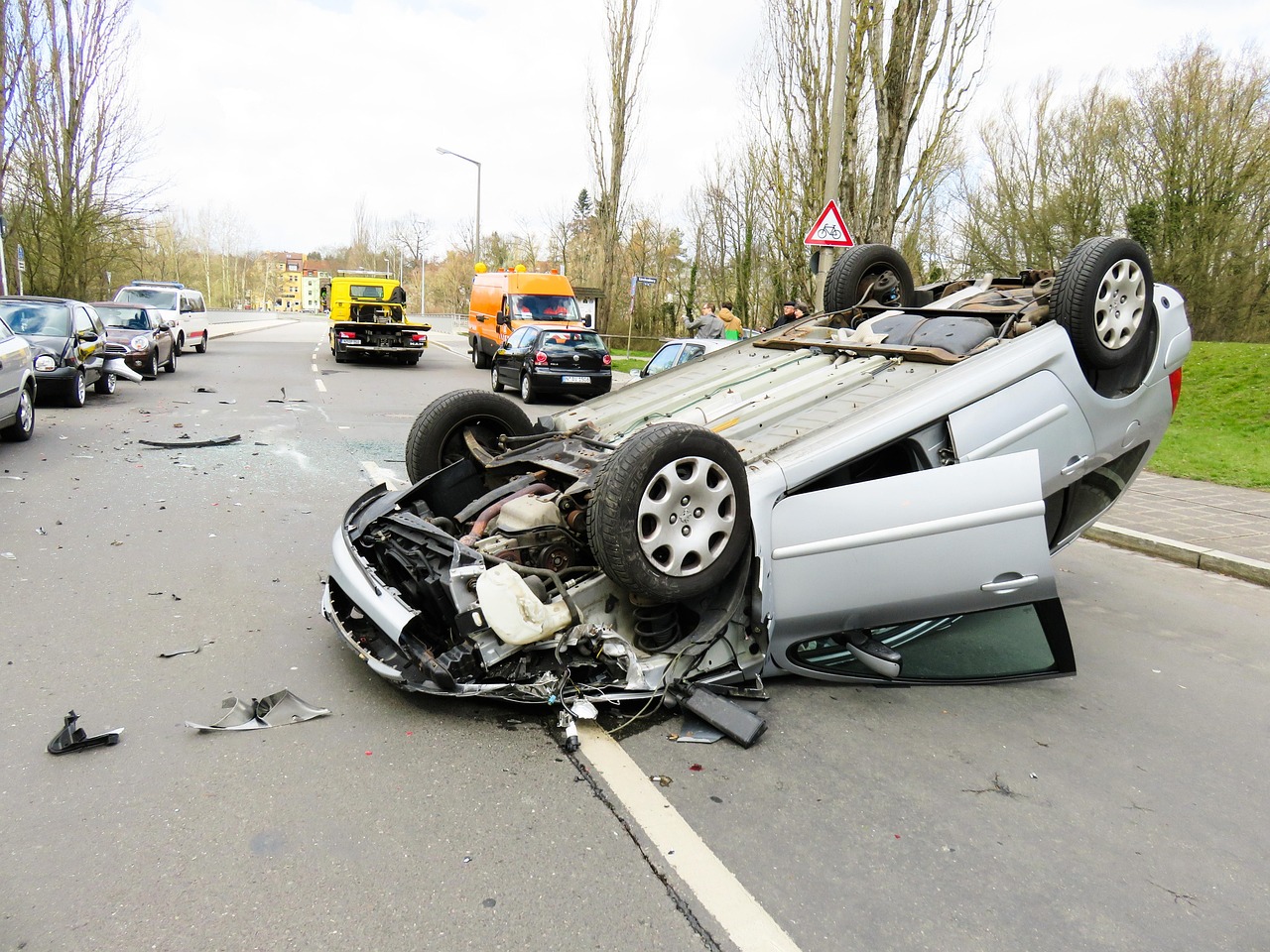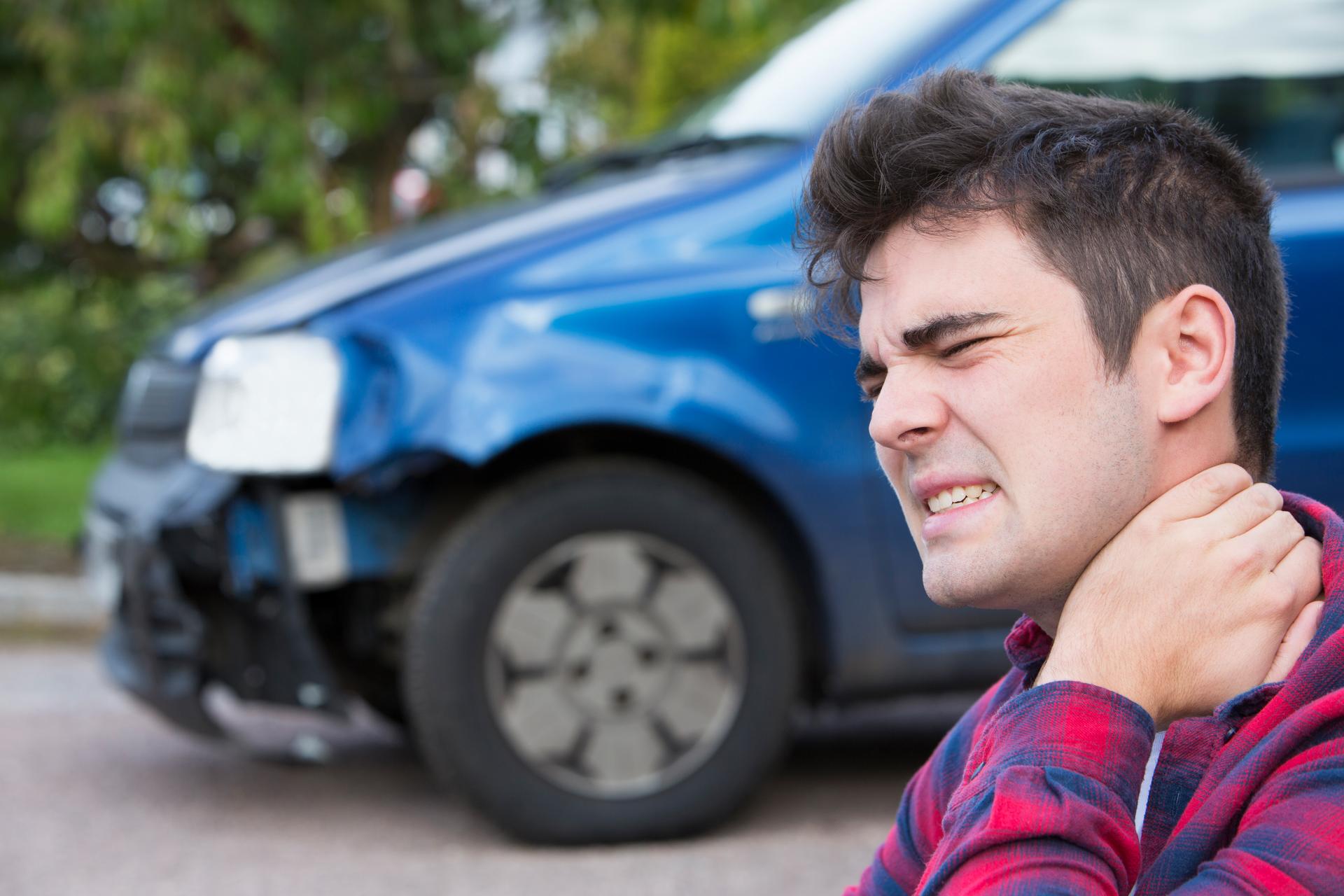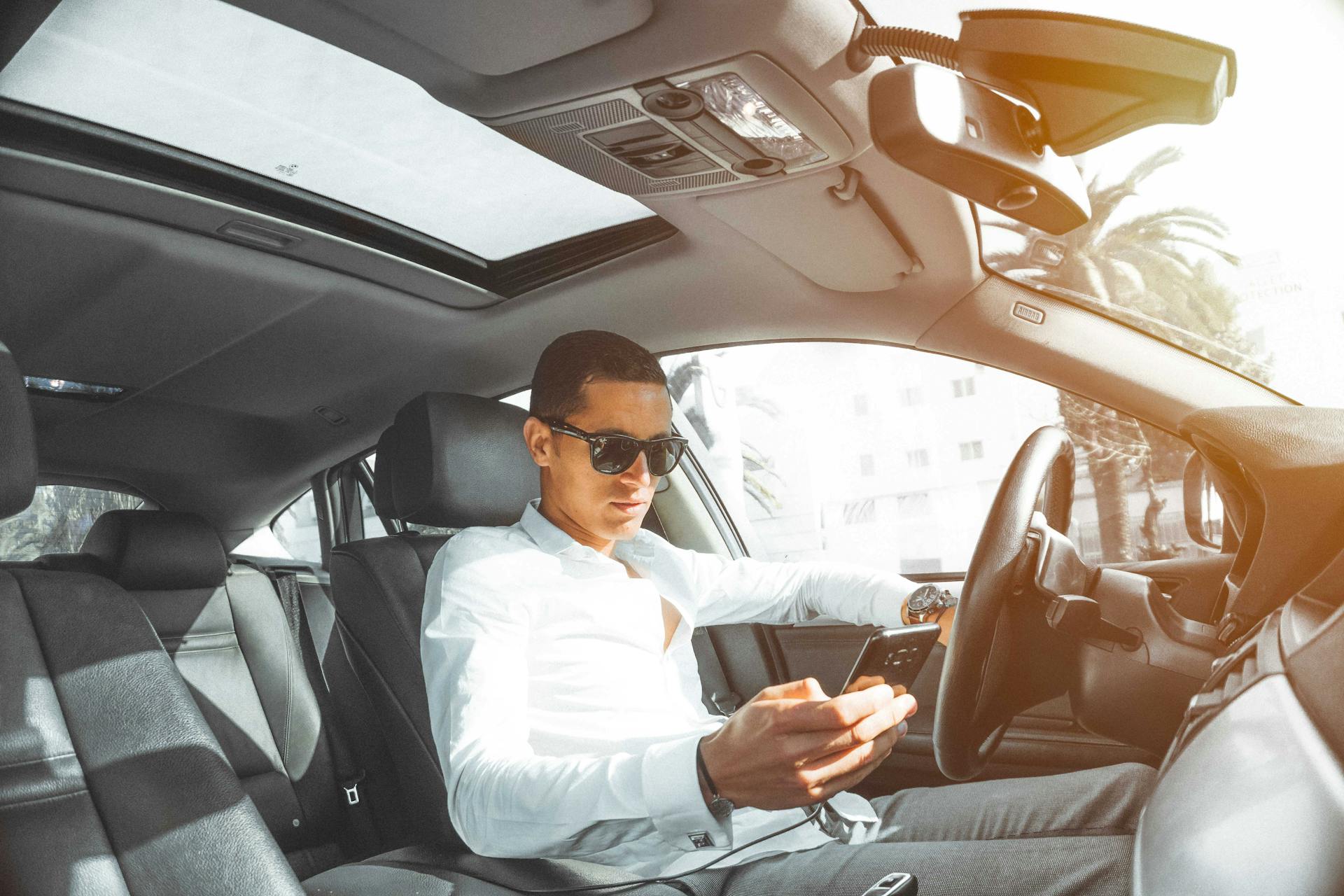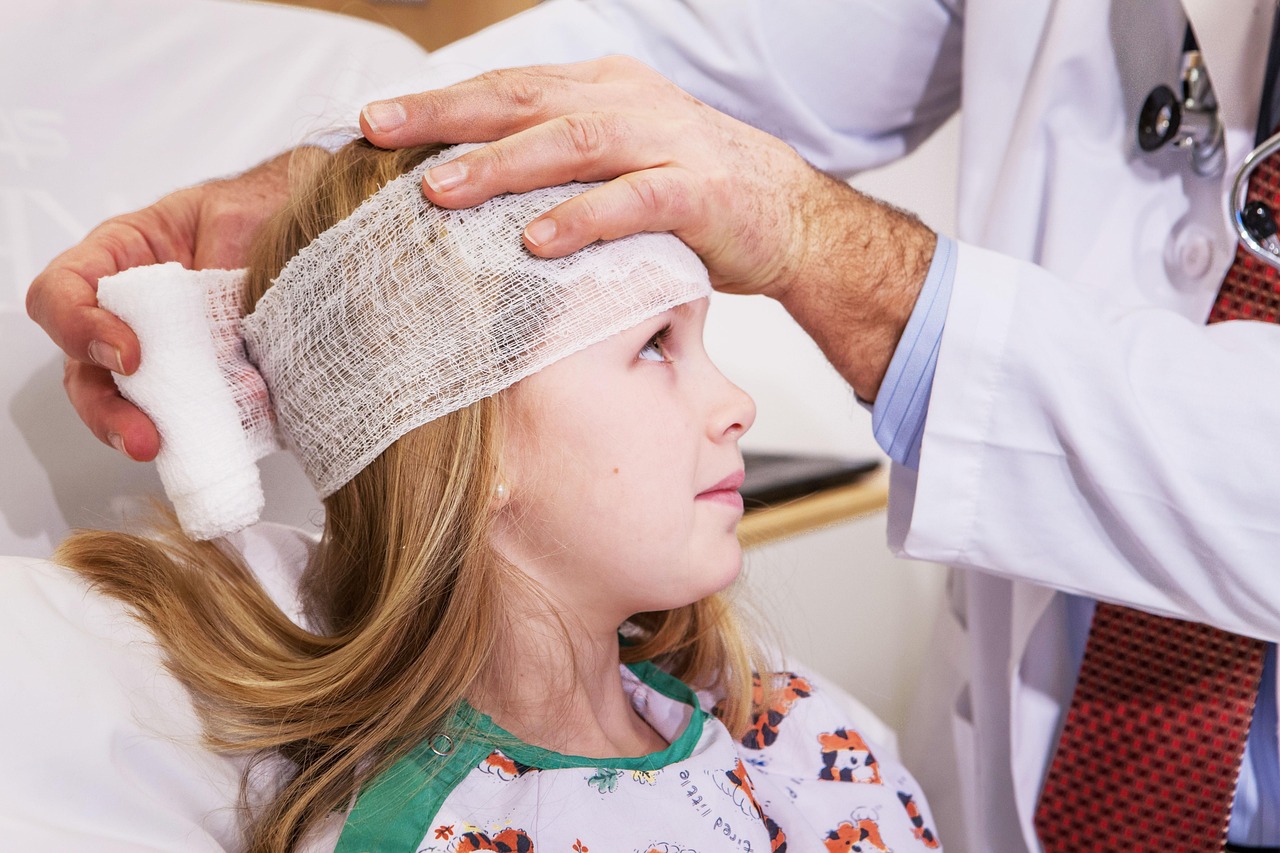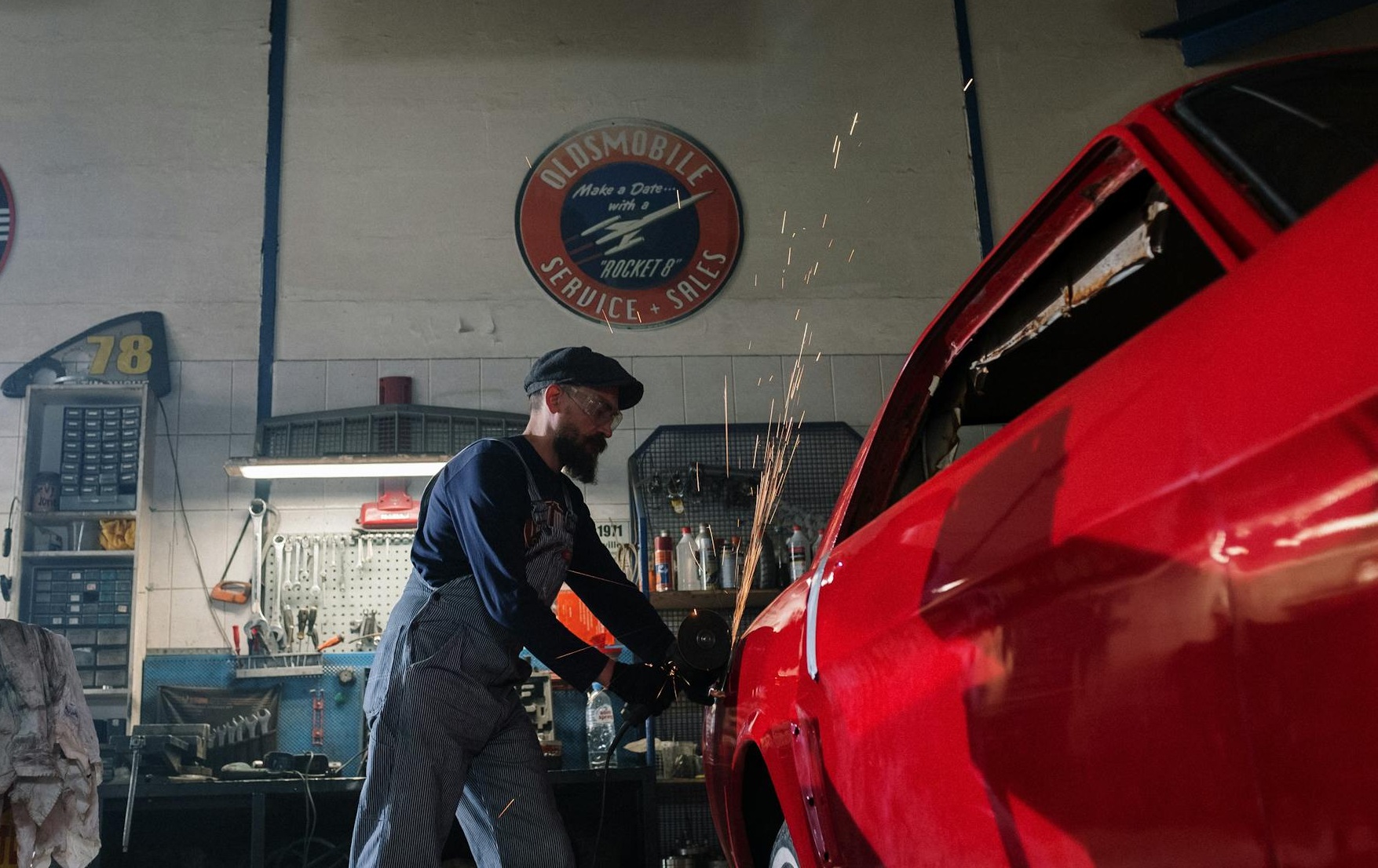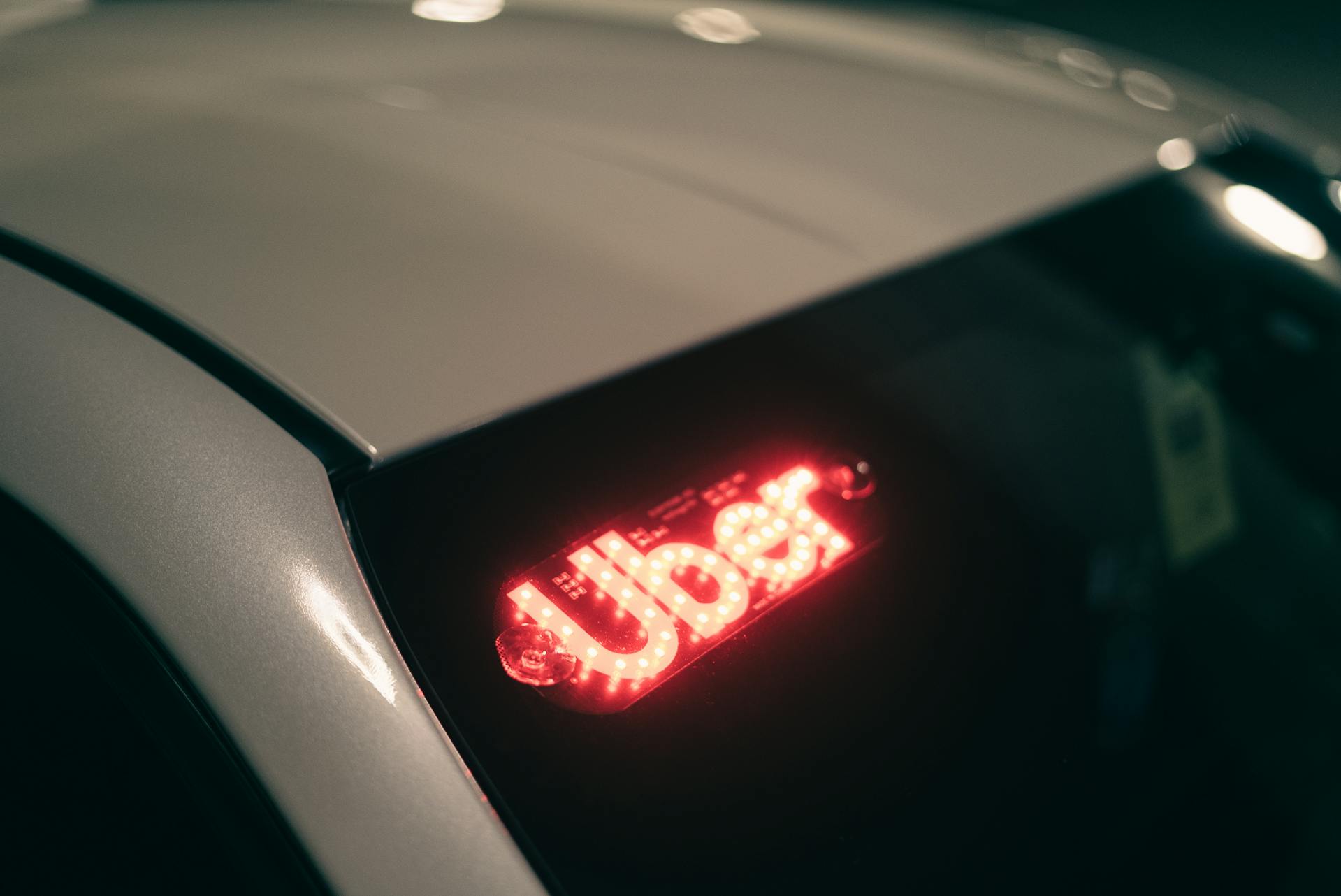A Rollover Accident Can be Intense, Know Your Rights
The rollover accident is one of the most violent crashes out there. They often result in extensive property damage and injuries. Yet they are some of the most misunderstood wrecks when it comes down to it.
Before the Car Crash Captain dives into this topic, we have to clarify two quick points. A personal injury lawyer can only help if someone else caused the crash (there’s an at-fault party) and if someone was injured in the wreck. A single-vehicle rollover that was caused by driver error or one with no injuries? A lawyer likely won’t be able to help – property damages are fairly easy to calculate.
However, if another driver’s negligence caused the rollover, and you, or a loved one, were injured, then you certainly should enlist the help of a car crash lawyer in Texas to ensure you fully recover physically and financially.
Always Receive Medical Attention
When you’re in a wreck, your body dumps a lot of adrenaline into your system. Adrenaline can tend to mask the pain you would otherwise experience. This means that you might feel fine right after the accident, but later the symptoms of head injuries, spine or neck trauma, internal bleeding, and soft tissue damage can start to show up. Delaying treatment can mean worsening injuries, and the possibility that the insurance company will say your injuries were sustained some other time.
Get a Police Report and Preserve the Scene
Herbert Law Group serves the Dallas area from our offices here in Richardson. This means we are dealing with rollover accidents in Texas. Texas law states that a police report is required if there are injury, death, or damages exceeding $1,000. A rollover accident is very likely to result in injury or death, and will always exceed $1,000 in damage to the vehicle.
Having the police on scene means you have official documentation of what happened, and ideally you, the police, or a witness will be able to record evidence of skid marks, vehicle resting positions, road conditions, and more. Getting witness information helps to strengthen your case.
Mums the Word with Insurance Companies
We know that the insurance companies don’t want to pay out. They will rush a settlement, and do what they can to cause you to slip up. If you admit or even allude to the idea that you lost control of the vehicle, they can twist your words to seem like it was entirely your fault.
To prevent them from twisting your words, don’t say very many words to them. Really, you just need to know these 13 words:
“I’m working with Herbert Law Group, all questions must be directed to them.”
Know Why Rollovers Need Higher Compensation
Your rollover accident can be misunderstood because few people walk away without serious injuries. The injuries you sustain in this wreck can have long recovery times, result in permanent lifestyle changes, missed work and reduced earning capacity, extensive (and ongoing) medical expenses, pain and suffering, and sometimes permanent disability.
The insurance companies know that what happened to you can be expensive for them. And they want you to settle quickly on what appears to be a good payout, but really, it’s nowhere near adequate to help you recover.
Work with Herbert Law Group to Ensure Recovery
You need an experienced attorney on your side to ensure your rights aren’t brushed aside. Herbert Law Group knows how to preserve the scene, build a strong case, negotiate with insurance companies, and advocate for you.
After a traumatic, confusing, and overwhelming wreck has shaken you up, pass the hard work on to someone that will fight for you. It takes a simple phone call to our offices at 214-414-3808 and we’ll have a free conversation to determine how we can help. No time to talk right now? Fill out our contact form and we’ll be in touch with you shortly.
